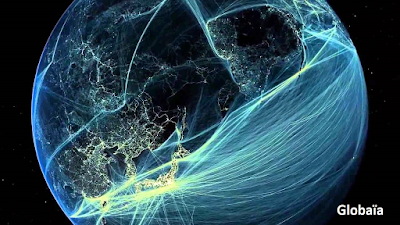Moving past 'helicopter research'

The term 'helicopter research' refers to the tendency of well-resourced scientists to conduct research in less-affluent parts of the world with little or no involvement of, or credit to, local scientists or communities. In her column in Nature this week, Fernanda Adame makes an articulate appeal to end this practice, an appeal that I support fully. As a master's student in India, I experienced the powerlessness and frustration that 'helicopter research' brings to those who have the ideas and the hypotheses but not the resources to test them. In fact, I felt immense pressure to publish findings as quickly as possible to avoid being beaten to the post. Unfortunately, this meant that I did not always wait to test my hypotheses as comprehensively as possible. Some Indian geoscientists did get to work with western scientists and teams and were even invited to do so. But I have always felt that they were treated more as drivers or guides than equal intellectual part...

